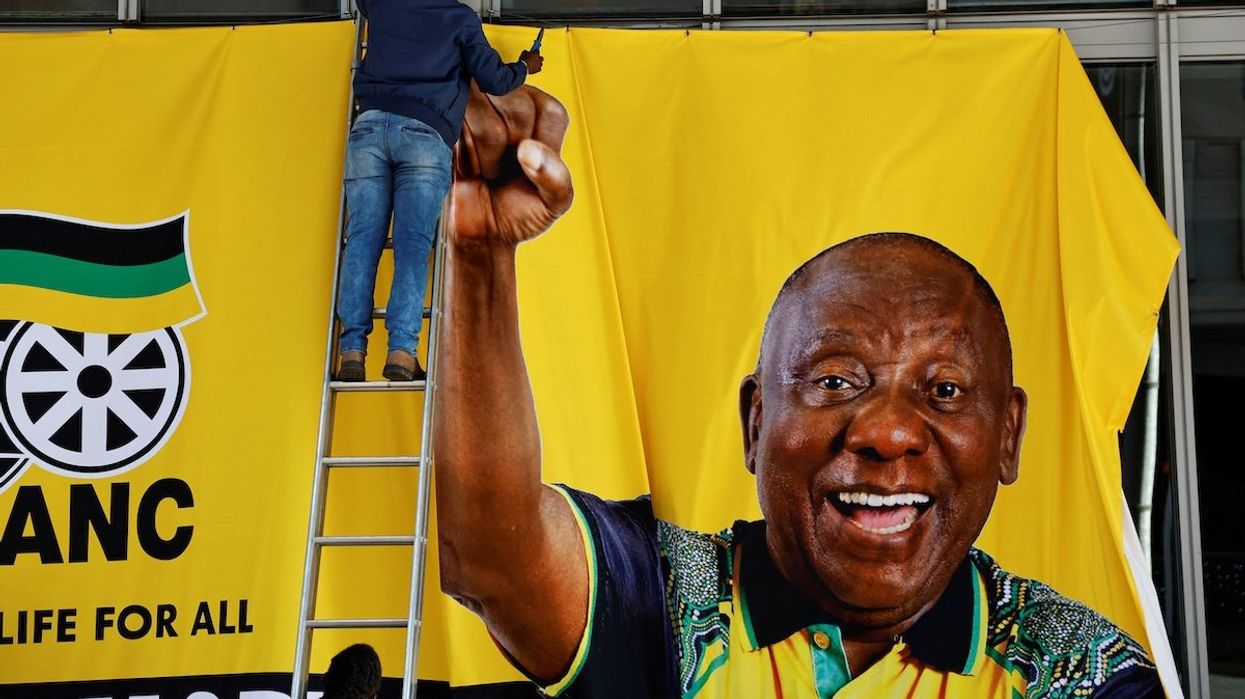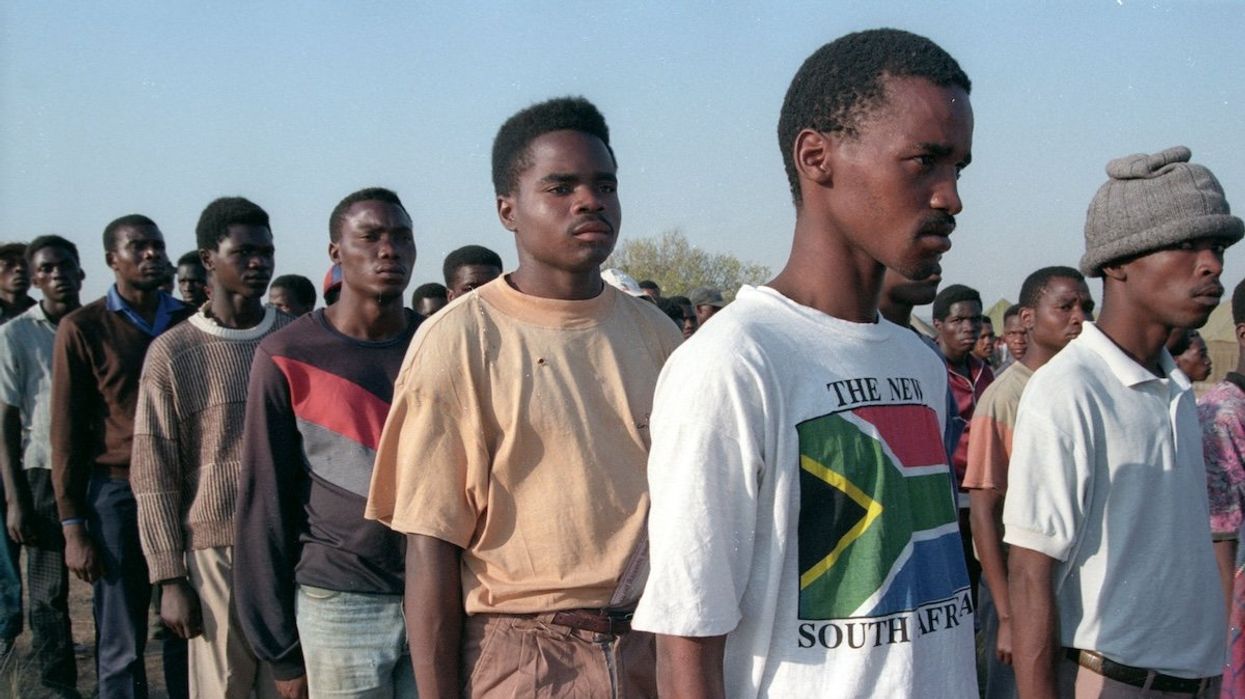What We're Watching
South Africa’s landmark election: Will the ANC be out?
South Africans vote this Wednesday in what is possibly the most significant election since the end of apartheid in 1994. Even with the support of older and rural voters, the ruling African National Congress, led by President Cyril Ramaphosa, could lose its majority for the first time.
May 27, 2024


